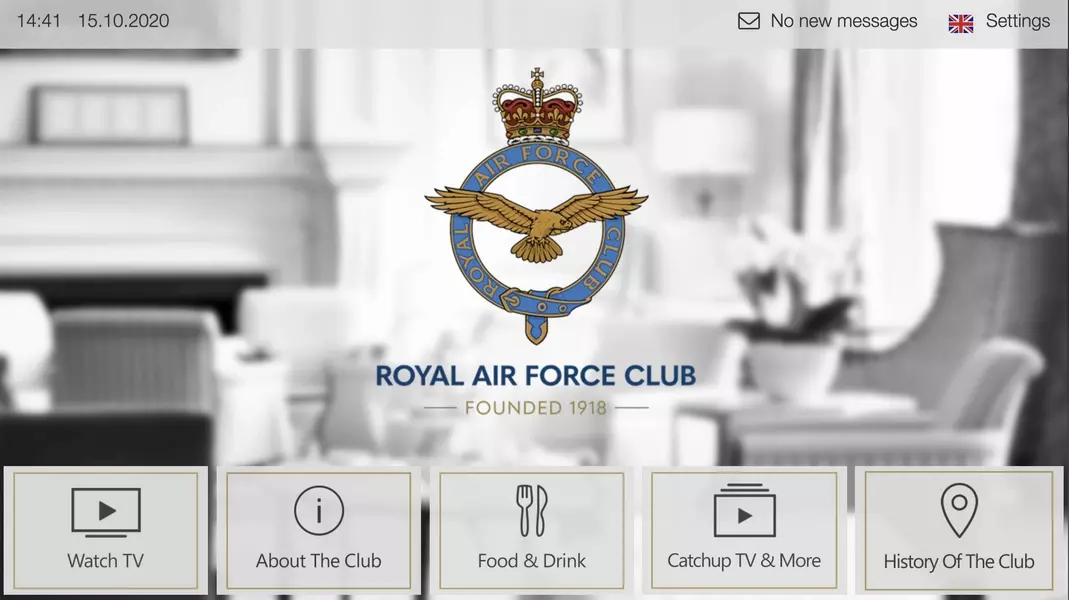What makes a good guestroom entertainment system?
12 September 2021 13:15
Firstly, what exactly is a guestroom entetainment system?
Before we get too bogged down in details, what actually is a guestroom entertainment system? In a nutshell:
A Guestroom Entertainment System delivers interactive services and additional features to a hospitality TV.
Systems range from simple splash screens (using text and images to welcome a guest) to feature-rich, sophisticated interfaces that can communicate with a hotel’s management system.
Fully customisable and remotely managed, well-designed systems enhance the guest experience, improve operational efficiency and provide additional revenue streams.
What makes a good system?
So what makes a good system? good question! Simply speaking, a good system should be tailored to the specific requirements of a hotel - this tends to reflect the size, scope and star-rating of the property. What feels like a good system for one hotel, might not suit another.
With a number of different systems available, the purchasing decision can be quite a complicated process. That's where Airwave can help. We're able to talk you through the pros and cons of various systems and can provide a physical demonstration of each product (note this can be done remotely if preferred).
Ahead of this though, it's worth thinking about the characteristics of a good hotel information system; whilst systems come in all shapes and sizes, a few common rules do exist. Think about:
- Simple and intuitive – Easily navigable menus and logical pathways are key. Can BBC One be located quickly? How easy is it to cast content on the TV? A clear, intuitive menu system is the defining feature of a quality platform.
- Quick and responsive – Isn’t it frustrating when your smartphone is old and sluggish? Well, the same applies to a hotel information system. The user experience should be slick and responsive (gone are the days when a two-second wait for a page change is acceptable).
- Convenient – A good system should offer a quick, seamless method of updating content, allowing regular, hassle-free information updates.
- Flexible – The best systems offer the designer a “blank canvas” to create exciting, bespoke designs that conform to a hotel’s branding and provide wow factor. Whilst template-based systems do have a place, they can be restrictive and less visually appealing.
- Upgradeable – Things change, times move on. Don’t be stuck with a system that can’t be amended without considerable resource and expense. The best platforms are future-proof, easily updated and provide regular (FOC) software updates and new features.
- Design – Whilst user experience is critical, first impressions count. A thoughtful, professional design elevates a system. If you're looking for inspiration, take a look at the below portfolio of Airwave designed hotel interfaces.
- Price – Of course, price will vary considerably alongside the complexity of a system but the hard and fast rule is: don’t pay for features you don’t need!



